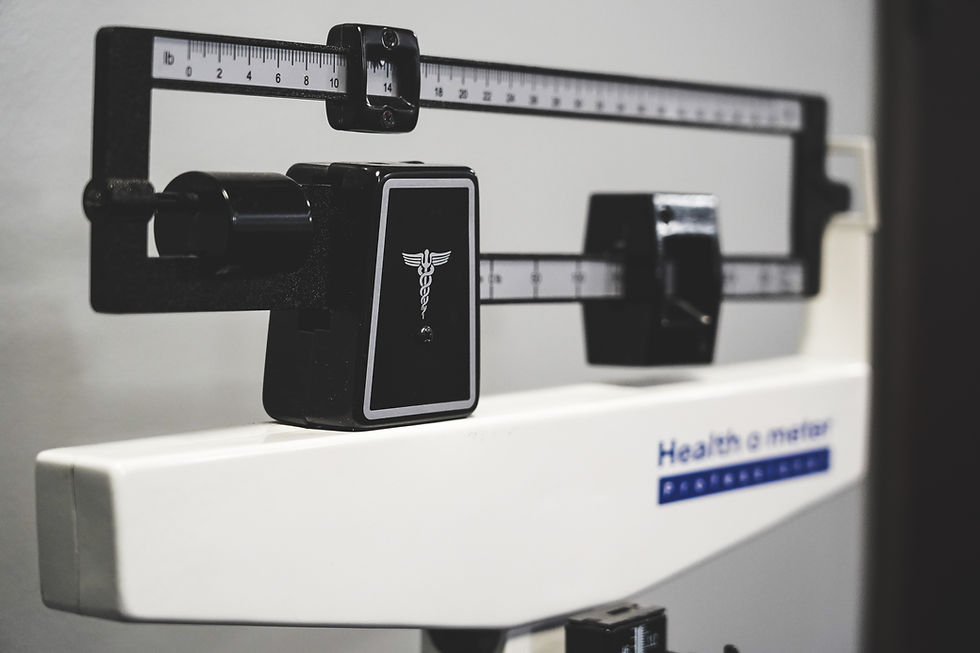5 of the most common heart conditions faced by Veterans
- MRPY Professional Services

- Sep 25, 2023
- 2 min read
Much like the rest of the population, Veterans can face a handful of different heart conditions – some of which can be caused or made worse by their time in service. The physical demands of the military can increase stress on the body, leading to both direct service-connected and secondary service-connected conditions (learn about the difference between those two in this blog if you're unfamiliar).
Here are 6 of the most common heart conditions faced by Veterans:
Hypertension (High Blood Pressure)
Hypertension, commonly known as high blood pressure, is extremely common and often made worse by stress. This condition occurs when the force of blood flow against artery walls is too high, in turn causing strain for the heart and blood vessels. This can increase a Veteran's risk of other heart health complications, including heart attack. Need to de-stress? Start with a few tweaks to your morning routine. Read the blog: 5 ways to combat stress in your morning routine.
Arrhythmia
A heart arrhythmia is an abnormal heartbeat, which happens when the heart's eclectic signals aren't functioning properly. Tachycardia is when the heart beats too fast, whereas bradycardia is when it beats too slow. The leading causes and contributing factors to arrhythmia are stress, certain medications, and underlying heart conditions.
Arteriosclerosis
The heart condition arteriosclerosis occurs when there is a build up of fats and cholesterol in the walls of arteries. This build up – called plaque – can affect arteries anywhere in the body, although it's most often considered a heart condition. This can go on to cause coronary artery disease (CAD for short) which we'll cover next.
Coronary Artery Disease (CAD)
Coronary artery disease (CAD) is a common health condition affecting plenty of Veterans as well as the rest of the general population. When fat and cholesterol deposits form plaque that causes arteriosclerosis, the heart doesn't get enough oxygen-rich blood. CAD takes years to develop, and many people are unaware until the effects become severe – such as chest pain or heart attack.
Atrial Fibrillation (AFIB)
Atrial fibrillation is an irregular heartbeat – but unlike arrhythmia, it is very rapid and can lead to blood clots in the heart. This condition causes the heart's upper chambers to beat irregularly and disproportionately compared to the lower chambers (the ventricles). Symptoms of AFIB include dizziness, fatigue, shortness of breath, and weakness. While it's not a life-threatening condition, it does require treatment to prevent complications such as stroke.
Get a Nexus Letter or DBQ for your condition
Make your claims process easier. We can help you with expert medical opinions to get you the VA disability benefits you need to move forward in life. Click here to get a chart review, or check out our full list of services here. Our team of friendly professionals is ready to help you get exactly where you need to be.





Comments